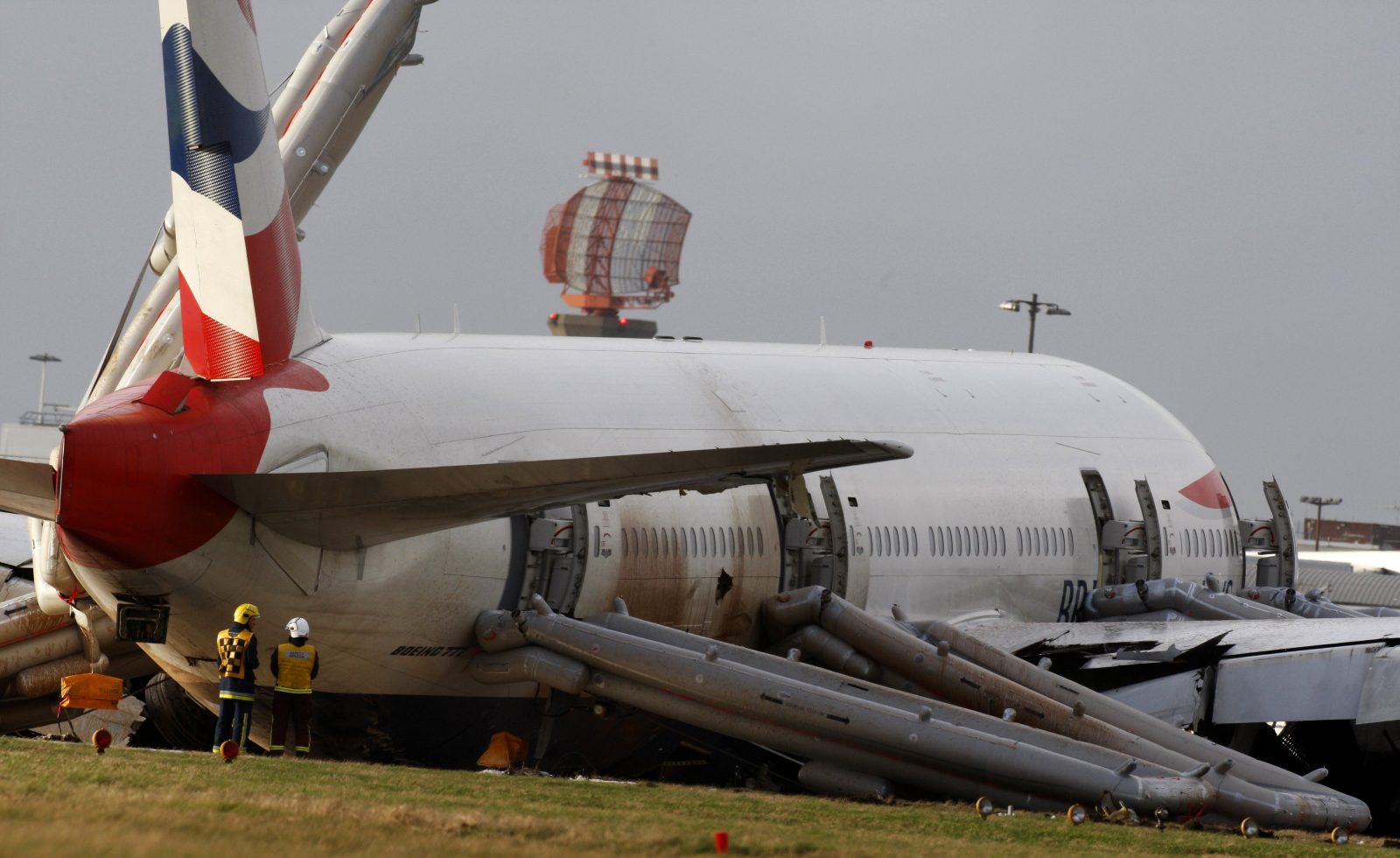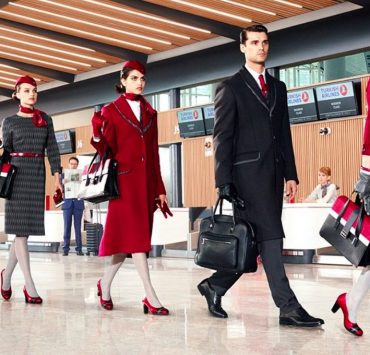
A shocking new study commissioned by the Royal Aeronautical Society (RAES) and conducted by ComRes, a leading market research company, suggests the majority of British airline passengers would stop and retrieve personal belongings, including hand luggage in overhead lockers, in the event of an emergency evacuation.
The findings, which are part of a wider passenger attitude survey of over 2,000 adults living in the United Kingdom, were published just a few days ago and is based on interviews that took place in July. It follows a recent report from RAES which examined the problems associated with evacuating a passenger plane.
The researchers asked the respondents two key questions about their attitudes to stopping in order to retrieve hand luggage in the event of an evacuation. The first asked: “In the event of the need for an evacuation of an aircraft where there was NO immediate threat to passengers, which of the following would you do?”
75% of respondents said they would stop to retrieve their personal belongings
A huge 75% of respondents said they would stop to retrieve their personal belongings in some form or other. The majority (31%), claimed they would only take belongings which were within easy reach, while 29% said they would take all their personal belongings with them. A further 15% said they would only take “valuable” items while only 20% said they would follow the instructions of crew and take nothing with them apart from what was in their pockets.
The second question then looked at the attitude of passengers if there was an immediate threat to life. And still, 35% said they would indeed take the risk and take personal belongings with them. On this occasion, however, only 6% would want to take everything with them, while 23% would take what was to hand.
The unanswered question, of course, is how could passengers possibly know for certain whether there was an immediate threat or not? Conditions can quickly change as evidenced by recent emergency evacuations. And let’s not even get started on the possibility of hand luggage blocking emergency egress routes, or worse still, puncturing the emergency slide.
“Instinctive reaction” to grab personal belongings in an emergency
Most Brits (64%) who were polled claimed it would be an instinctive reaction to grab their belongings while nearly half were concerned whether they would get their belongings back. Even more worryingly, around a third of respondents thought it would be a “hassle” to replace their belongings and an even higher proportion (38%) felt their belongings were too valuable to leave behind (more valuable than their life?). Some 30% also said they would take belongings which had sentimental value.

Some of these findings may seem really shocking but in reality, they back up real-world examples of airline passengers stopping to take their hand luggage during an emergency evacuation. In the last few years, we’ve seen horrifying footage of passengers running across the tarmac with their hand luggage in tow, moments after being sent down an emergency slide.
In a 2015 incident at Las Vegas airport involving a British Airways Boeing 777-200, passengers said they had time to retrieve luggage during the time the plane had come to a halt and an evacuation being ordered. While passengers who were involved in the Emirates EK521 accident in 2016, seemed oblivious to the disaster unfolding around them as they pulled belongings from the overhead lockers.
Senior executives at American Airlines, meanwhile, spoke out about the trend after a report was published into the 2016 evacuation of flight AA383 at Chicago O’Hare. Jill Surdek, American’s vice president for flight services said of passengers stopping for their belongings:

“We remain concerned about passengers who attempted to evacuate the aircraft with carry-on luggage and other non-essential personal belongings. American believes this is an issue that warrants additional industry attention given the risk that this poses by slowing the evacuation and potential puncturing and deflating critical escape slides.”
In the recent RAES report, the authors suggested that the automatic locking of overhead lockers (save for those which contain emergency equipment) should be seriously considered by aircraft manufacturers and airlines alike in a bid to prevent passengers stopping for their luggage.
The Federal Aviation Administration (FAA) reauthorization bill which is currently working its way through Congress may include provisions for further research into some of these ideas.
Most people pay attention to the safety demonstration
In more positive news, the vast majority of Brits (74%) said they had in fact paid attention to the pre-flight safety briefing the last time they flew and understood the safety and emergency procedures – even more (90%) admitted that paying attention to the safety briefing would better equip passengers to take the correct actions in an emergency.
Oh, and as for those humorous safety videos we see more and more airlines adopting – according to the Brits at least, most passengers (64%) don’t think they undermine the importance of the safety message.
Mateusz Maszczynski honed his skills as an international flight attendant at the most prominent airline in the Middle East and has been flying throughout the COVID-19 pandemic for a well-known European airline. Matt is passionate about the aviation industry and has become an expert in passenger experience and human-centric stories. Always keeping an ear close to the ground, Matt's industry insights, analysis and news coverage is frequently relied upon by some of the biggest names in journalism.









